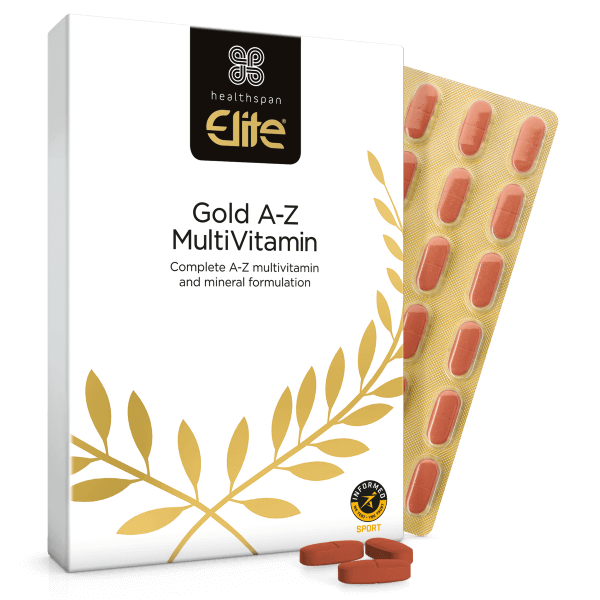A case study investigating the use of a range of strategies to prevent illness in international badminton.
Background
Elite athletes performing high volumes of prolonged, high intensity exercise have a higher than average risk of contracting upper respiratory tract infections (URTIs) compared to the general public.1 An additional risk is a high volume of travel, and elite badminton athletes travel to tournaments around the world for up to 150 days each year. Some of the most common destinations include Asian countries such as India, China, Malaysia and Indonesia where gastrointestinal illness or 'traveller's diarrhoea' can be more common.2 Studies have shown that URTIs and gastrointestinal illness are the top two most common infectious illnesses reported in athletes.3
Minor illnesses such as URTIs or traveller's illness can impact on performance at tournaments by reducing physical capacity and potentially forcing the athletes to withdraw from competition if severely affected. This results in the athlete returning home and losing training days in recovery. There is also a risk of a minor illness developing on return from travel and the possibility of it spreading to the rest of the squad. A number of strategies are implemented in elite sport to prevent UTRIs and travellers illness including changes in nutritional intake, supplementation to support immunity and gut health, improved personal hygiene and education on food and fluid safety.
In 2013, on average GB and England badminton athletes lose 6 days per year due to illnesses with a range of 0 to 29 days lost throughout the squad.4 If these days are lost during tournaments then this has a bigger impact of performance than during training at home. These illness statistics improved in 2014 to 5.6 days lost on average with the implementation of a range of strategies to improve illness statistics across the squad.4
This case study investigated the use of a range of strategies to prevent illness.
Methods
Seven elite national badminton athletes and 2 support staff travelled to China, Hong Kong and Macau over 3 consecutive weeks for different tournaments. Everyone was educated on a range of strategies to prevent both URTI and gastrointestinal illness occurrence. These strategies included:
- Yearly influenza vaccinations (optional for athletes to have prior to winter months) were completed by most athletes before this trip
- Avoidance of tap water and iced beverages
- Avoidance of the following:
- Food from street vendors
- Fresh salad foods washed with tap water
- Fruit that cannot be peeled before eating
- Cooked food that is served lukewarm
- Eggs and minced meat that are not fully cooked
- Buffets
- Athletes advised to take a range of non-perishable foods with them as snacks and meal alternatives
- To practice a high standard of personal and equipment hygiene when travelling
- At tournaments, use hand foams and micro-gel nasal sprays regularly
Athletes were also given certain nutritional supplements to support immune health and ensure adequate intake of all micronutrients while avoiding certain foods. The following supplements were provided to the athletes:
- Healthspan Elite Multivitamin (Gold A-Z): once daily for 3 weeks while away travelling to ensure nutritional adequacy
- Healthspan Elite High Strength Probiotic: once daily for 5 weeks starting for the week prior to departure for both immune and gastrointestinal support.
- Healthspan Elite Omega 3 Pure EPA 1g: once daily for 3 weeks (or as per athlete's current intake) to possibly aid immune health and to limit inflammation after muscle damaging exercise.
Email and text reminders were also sent regularly while away to remind all athletes and staff to about personal and food hygiene as well as taking the nutritional supplements daily.
Results
During this tournament block in Asia there was no incidence of illness recorded by athletes or support staff (either URTIs or travellers illness). In previous tournament blocks to Asia there is usually at least one episode of illness experienced by athletes or support staff. Athletes reported the quality of food was of a good standard and they found it easy to take the Healthspan Elite supplements in the blister packets.
Conclusion
In conclusion the use of a range of immune health optimizing strategies including micronutrient supplementation was associated with a reduction in illness rates during a 3 week tournament block in Asia.

Elite Gold A-Z Multivitamin
Complete A-Z formulation containing 27 essential nutrients
- All the vitamins and minerals needed each day
- 100% NRV of iron, selenium and zinc, vitamins A, C, D and E
- Informed Sport approved









